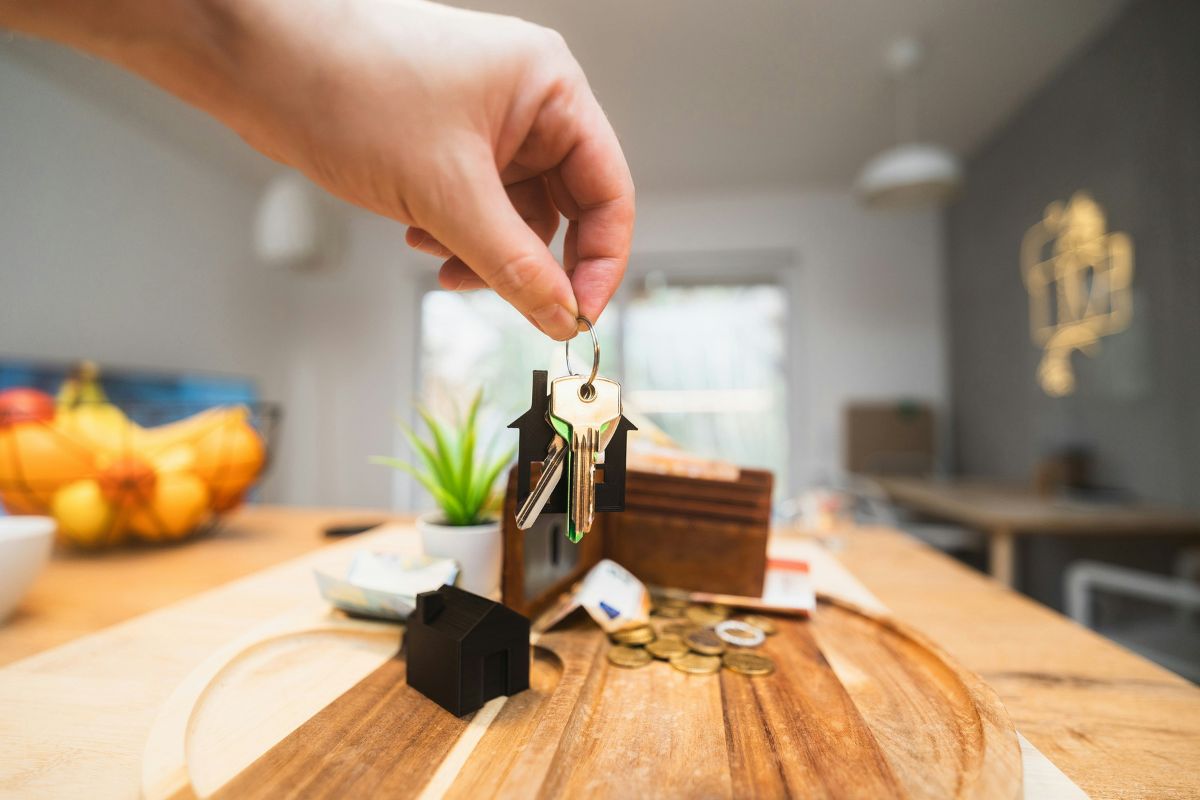Couples’ Guide to Real Estate
Renovating isn’t the only thing that can put strain on a relationship. Starting a home buying journey, especially when looking to invest, is a road with plenty of potholes and cracks in the pavement.
The reward, however, is well worth it. Investing as a couple and building wealth can be an exciting venture, especially when you start seeing financial growth and returns.
Before getting started, it’s essential the pair of you are well prepared, on the same page and understand what you’re in for.
Aligning shared vision
The popular saying is that ‘opposites attract’ and couples can often find themselves with vastly different opinions and goals on just about any area of life. The key to success here is compromise and that will ring true for your property investment journey too.
When you invest as a single buyer, you only need to worry about setting your own goals and strategy. So as a couple, the first thing to do is sit down together and have a frank and open discussion about individual goals, expectations and, most importantly, risk tolerance. You don’t want one of you to be uncomfortable with the amount of risk they are being asked to take on. Especially considering the financial fallout of a bad decision will affect both parties.
As a couple, decide whether you see property as a short or long term investment, a source of strong rental income, an offset for tax purposes, or a place you might choose to live in one day.
Financial preparation
Is your financial house in order? You need to assess your combined financial situation, including income, debts and both of your credit scores. You will need to understand the financial commitments involved in investing together, such as mortgage payments, property taxes, maintenance costs, insurance and so on.
Once you have that understanding, it’s best to prepare a budget that allows for all the expenses without encroaching on your lifestyle in an unacceptable way. You don’t want to sign up for a whole lot of payments that stop one or both of you from affording your favourite hobbies. That could lead to resentment.
You’ll also need an emergency fund to cover any of the many curveballs that investment properties can send your way. You want your investment to build wealth and strengthen your relationship, not drain money and cause stress.
Engaging reliable professionals
Just like any first time single investor, don’t try to go it alone. One of the key factors in a successful portfolio is getting the right team of qualified professionals around you.
That means finding a mortgage broker, accountant, lawyer or conveyancer and buyer’s agent, plus familiarising yourself with the real estate agents selling in the areas where you might like to buy.
Each professional you engage should have a proven track record of success, not just for themselves, but more importantly for their clients. And they should come highly recommended by other people.
The right team will help simplify the process and allow you to make informed decisions on the matters that count the most.
Unified house hunting approach
You will likely need to divide and conquer when searching for properties due to time constraints. Each partner should be able to rely on the other that properties they recommend meet a joint checklist.
Make a list together of non-negotiable features, preferences and priorities. Discuss where you might make compromises if necessary. When you have a common understanding of priorities and where there’s wiggle room, it will allow one to make some decisions without the other there and do so with confidence.
Navigating the closing process
This is the final hurdle before becoming property owners. And it is where your professional help will come in handy, especially with your solicitor or conveyancer.
A legal professional that specialises in property transactions can guide you through the many aspects of the closing process, such as the sales contract, mortgage agreement, property title and various other complex documentation that you’d have no chance otherwise making sense of.
As a couple, you should also be prepared for additional costs such as stamp duty, legal fees and, in the case of buying a permanent place of residence, house moving costs.



